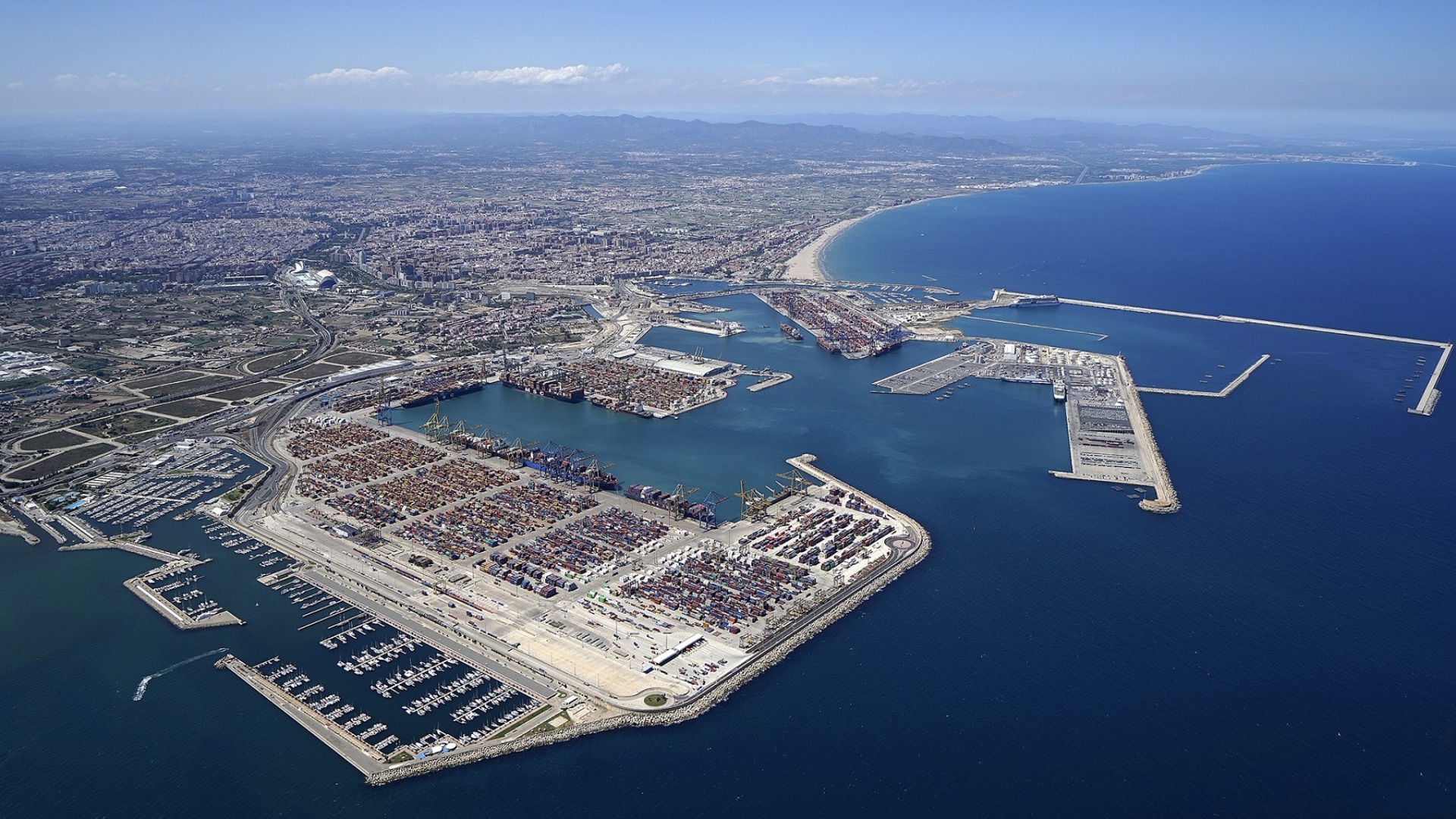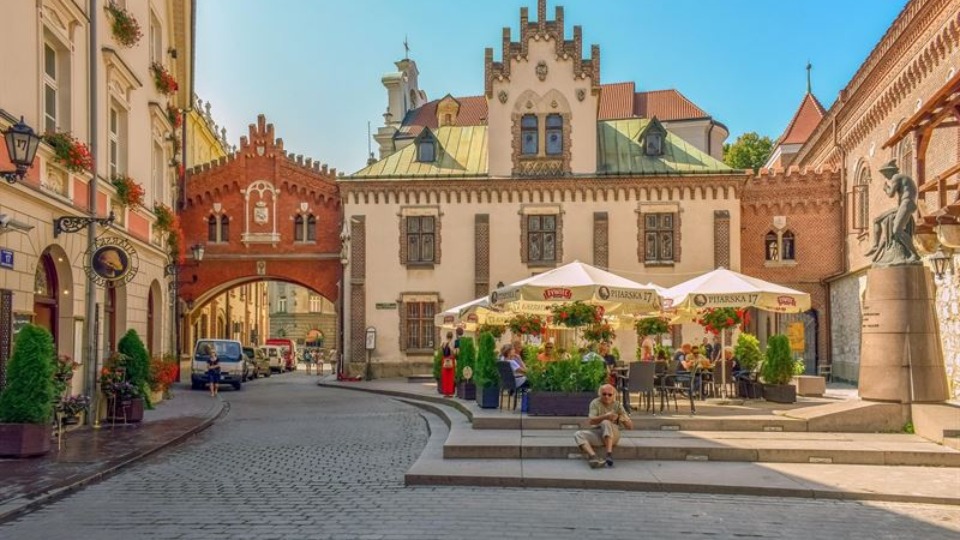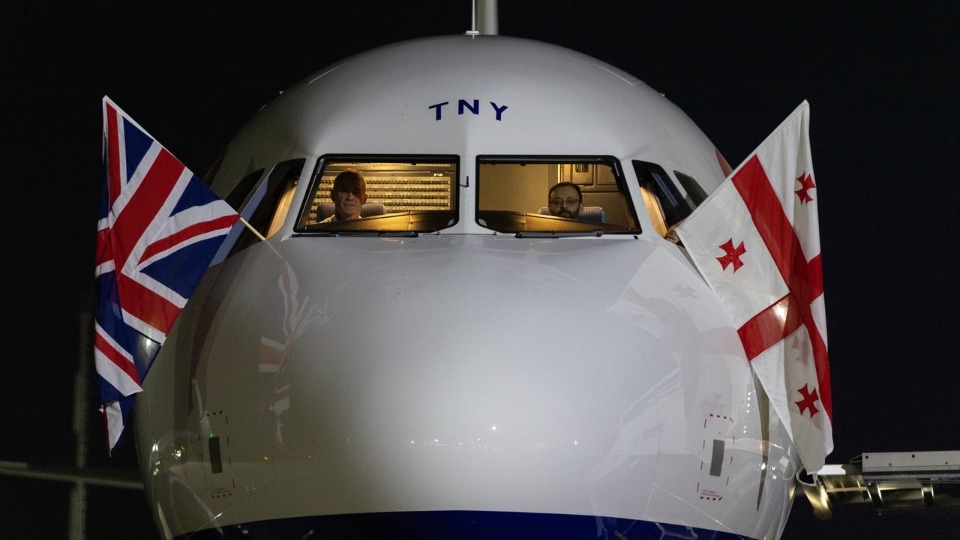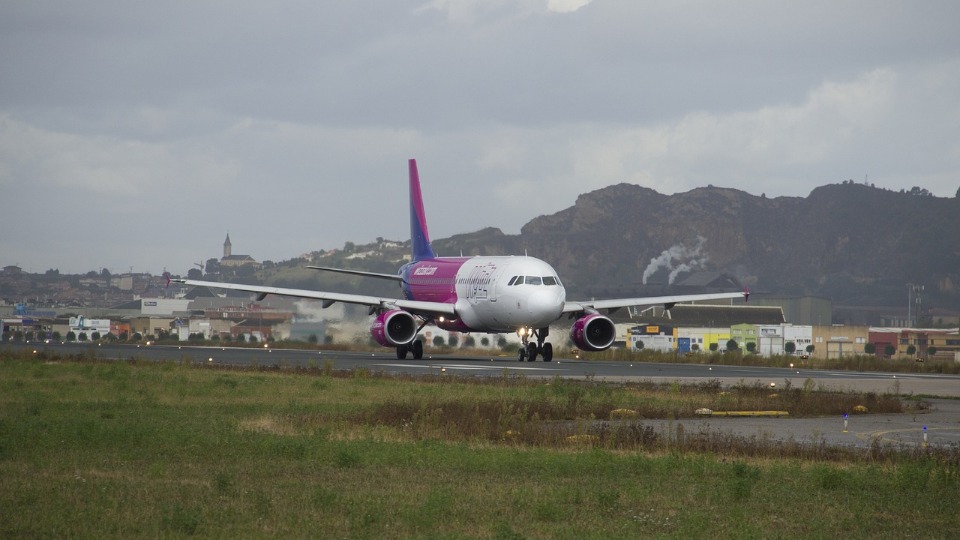
More European Ports To Prohibit Mega-Ships

As the cruise tourism sector begins to bounce back from the disastrous effects of COVID, several city-ports are rethinking if they will continue to welcome cruise vessels.
Concerns over their impact on the environment, society, and the economy have even led some cities to call for a complete prohibition.
Large cruise ships were banned from Venice's historic district in 2021. UNESCO warned to add the city to its list of protected sites because of the lagoon degradation if the ships weren't indefinitely prohibited. As claimed, the large vessels worsen the city's pollution and erosion problems, which contribute to the frequent floods in the area. The Giudecca canal is now off-limits to big cruise ships and cargo ships.
And now, the trend might spread to other cities very quickly.
Barcelona might restrict the total number of cruise passengers that visit the city, as it might be cut in half if new safeguards are implemented. The decision follows a research by Transport & Environment which found the city to have the poorest air quality of any European cruise port.
The mayor of France's largest dock, Marseille, has also said pollution from the industry is "suffocating" the city. The cruise tourism sector has as well been met with increased scrutiny in Amsterdam, Santorini, and Dubrovnik.
The phenomena is not exclusive to Europe. Increasing numbers of ports throughout the globe are concluding they prefer the current status quo to the previous one.
California's Monterey Bay made it plain that it did not welcome cruise ships. However, the council cannot prohibit cruise ships in their entirety. Instead, Monterey has eliminated its passenger landing services, forcing cruise lines to bring in their own employees to handle guest check-in and boarding at the city's pier.
Bar Harbour, located in the US state of Maine, similarly instituted strict limitations on the amount of visitors disembarking from the boats. Starting in 2024, just 1,000 visitors (including staff) will be permitted every day. Given that modern cruises often carry more than 3,000 passengers, this is a significant setback for businesses planning to visit the port. Locals complained that they were being "overrun" by cruise traffic, prompting a call for restrictions on visitor numbers. This is hardly unexpected, given a 2021 poll indicated that a large percentage of locals in Bar Harbour disliked the mega-vessels. Fifty-plus percent of those surveyed felt that the cruise industry brought more harm than good to Bar Harbour. The sector was blamed for a 53% decrease in the perceived standard of life.
At the same time, efforts are being made to reduce negative effects on society and the environment, as the cruise sector claims. According to CLIA, the cruise industry pledged to reduce carbon emissions by 40% by 2030, as some companies have committed to becoming carbon neutral by the year 2050.
Source: euronews.com








